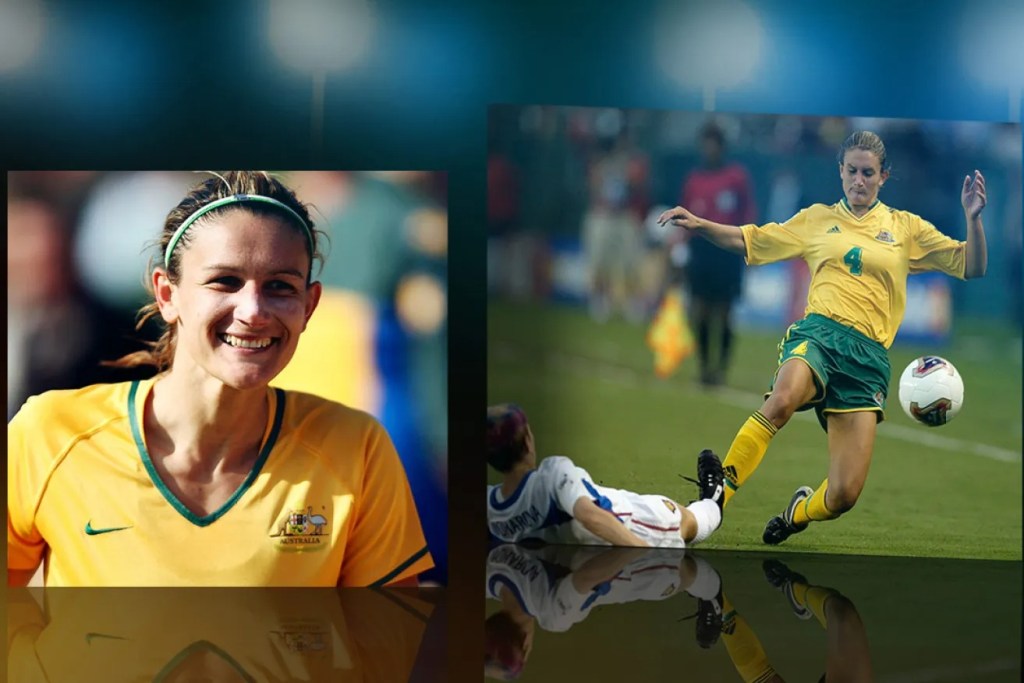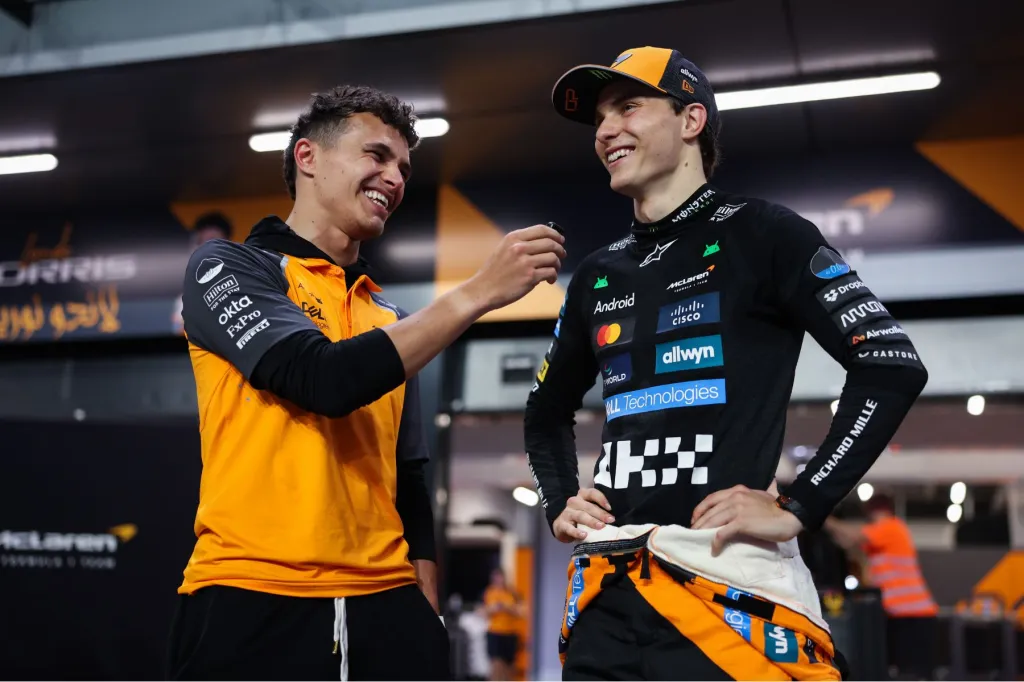Trailblazer Di Alagich’s vision for football’s future
Throughout her soccer career, Di Alagich faced many challenges as a woman playing in the once male-dominated sport. Now she hopes to use her influence to get more girls and women involved in all aspects of football. Alagich is one of the latest inductees to the South Australian Sport Hall of Fame for her contribution to “the beautiful game”.

Alagich has been playing soccer for as long as she can remember. In primary school, there was no girl’s team, so she joined the boy’s team at age 7. She later joined the Port Adelaide Soccer Club Under 10s and continued playing in all-boy competitions until she was in Under 15s.
“My family were very involved in football, and I just loved it from the moment I sort of kicked my first ball,” the former Matilda said.
“Definitely the influence of having four brothers in the family helped.”
Soccer truly runs through Alagich’s veins.
“My whole family was always involved, and not only in a playing capacity, but also in administration, and now coaching,” she said.
Her grandfather was the chairman and president of the Port Adelaide Soccer Club, as well as a Life Member of Football South Australia (formerly Football Federation South Australia).
Her father Colin played more than 300 games for the Port Adelaide Pirates and also coached throughout his playing career.
Her eldest brother Richie played for Adelaide United and is now a professional coach.
Her uncle Joe Alagich was a Socceroo, while her other uncle, Richard, was involved in administration and has written several books about soccer.
“We’ve had that involvement in the whole sort of bloodline, I guess,” she said.
You might like
“And now my nephew is in the Adelaide United team as well, so that tradition keeps on going.”
Alagich’s first major competition was in 1995, when at age 16 she made her debut for the Matildas, the national women’s soccer team. She was still in high school at the time and, despite her success, had to work a part-time job to support herself.
Alagich, who is now 43, is one of three women to be inducted into this year’s South Australian Sport Hall of Fame. She said that she was surprised and honoured to receive the phone call telling her the news.
“I played so long ago that it’s even strange talking about my career now, but it’s nice to be able to reflect back,” she said.
She said that she hopes her induction will inspire more women to get involved in the sport.
“I guess what I’m most passionate about is women in the game, and not just playing the game, but being involved as administrators and coaches,” she said.
“I feel a lot of women don’t get involved, like even at the grassroots capacity, because they don’t feel like they’re worthy of it or have the knowledge.
“If there’s one thing I’d love for, even mums of girls and boys playing is, have a go coaching, even if it’s under eights or under nines, and have that involvement, and just sort of believe in it and feel that you deserve that opportunity as much as men do.”
Alagich started her full-time professional career in 2001 at the San Jose CyberRays, which is part of the Women’s United Soccer Association in the United States.
She also played for Adelaide Sensation from 1997-2000 and 2003-2004, the NSW Sapphires from 2006-2008, and Adelaide United from 2008-2009. She represented Australia at the Olympics and in the World Cup, scoring three goals in 92 international games as a Matilda.
Alagich said that it had always been an aspiration of hers to make the national team.
“I wanted to be a Socceroo, because… I didn’t even know there was a women’s national team,” she said.
“I wanted to go to the Olympics, but I didn’t really know that was possible at the time: that was just my dream.”
Her dream came true at the 2000 Sydney Olympics, which she said was a highlight of her career.
Stay informed, daily
“Being out to play in front of my family and my friends is something that I will forever cherish,” she said.
“To be honest, every time I put on the shirt, having the coat of arms on my chest was just a special moment for me.
“In 2006, we played the Asia Cup in Adelaide, and that was the only time as a member of the Matildas that I’ve ever got to play on home soil, so that’s something that I always cherish as well.”
For Alagich, being a woman in soccer always presented challenges. She said that there was no media coverage and few resources for women’s soccer.
“There were no other girls playing at the time, and even when I first started playing in the national team, it was amateur, so we still all had full-time jobs and had to balance that,” she said.
“But at the time, you don’t really see them as challenges… that was just sort of state of play, I guess: that was just how it was.
“And definitely things are changing, so this generation is completely different. The amount that it’s progressed in the last 15 years is incredible.”
Another challenge for Alagich was her constant injuries.
She first tore her ACL while playing for the Matildas in 1996, which took a year and a half of rehab to recover from. She then tore her other ACL in her first season as a professional athlete in the US. During her career, she had multiple other surgeries, including on her knees, her wrist and her calf.
“Towards the end, I had surgery every year that I played, so it was very tough, and it’s sort of taxing emotionally and mentally, as well as physically,” she said.
Alagich’s constant injuries ultimately influenced her decision to retire from professional soccer. However, she remains involved in the sport as a coach, which she has been doing for the past 15 years or so. She recently moved to Brisbane, where she coaches Peninsula Power’s Under 15s team in the National Premier League.
“I just love that involvement that I have with the game, and it’s an opportunity for me to give back from my experience,” she said.
“I definitely think we need more female coaches in the game, so I guess it’s my way to keep involved and give back to the game.”
Agalich’s advice for those aspiring to a professional career in soccer is that “it just really has to come from within.”
“You’ve got to be intrinsically motivated, and I think you really have to enjoy what you’re doing, because there are so many lows and highs to the game.
“For anyone who wants to become a professional, just realising that ultimately, you’ve got to believe in yourself and your own dream and anything really is possible. You’ve just got to work hard at it.”
The latest inductees to the 2023 South Australian Sport Hall of Fame will be celebrated at a gala event at Adelaide Oval on March 3. Go here for tickets and more information.
InDaily is the media partner of the South Australian Sport Hall of Fame and will be publishing profiles of all the new inductees throughout February.








